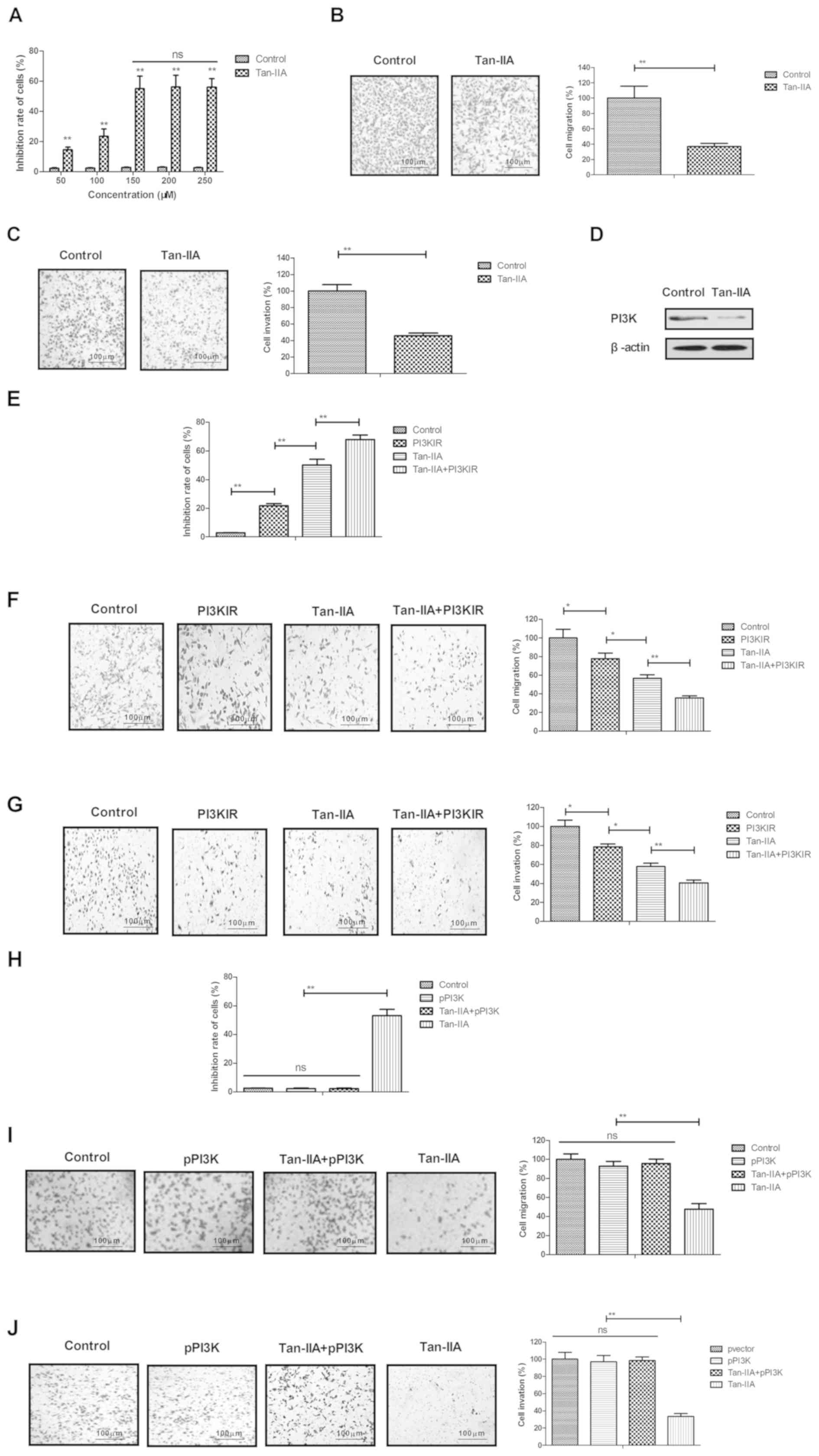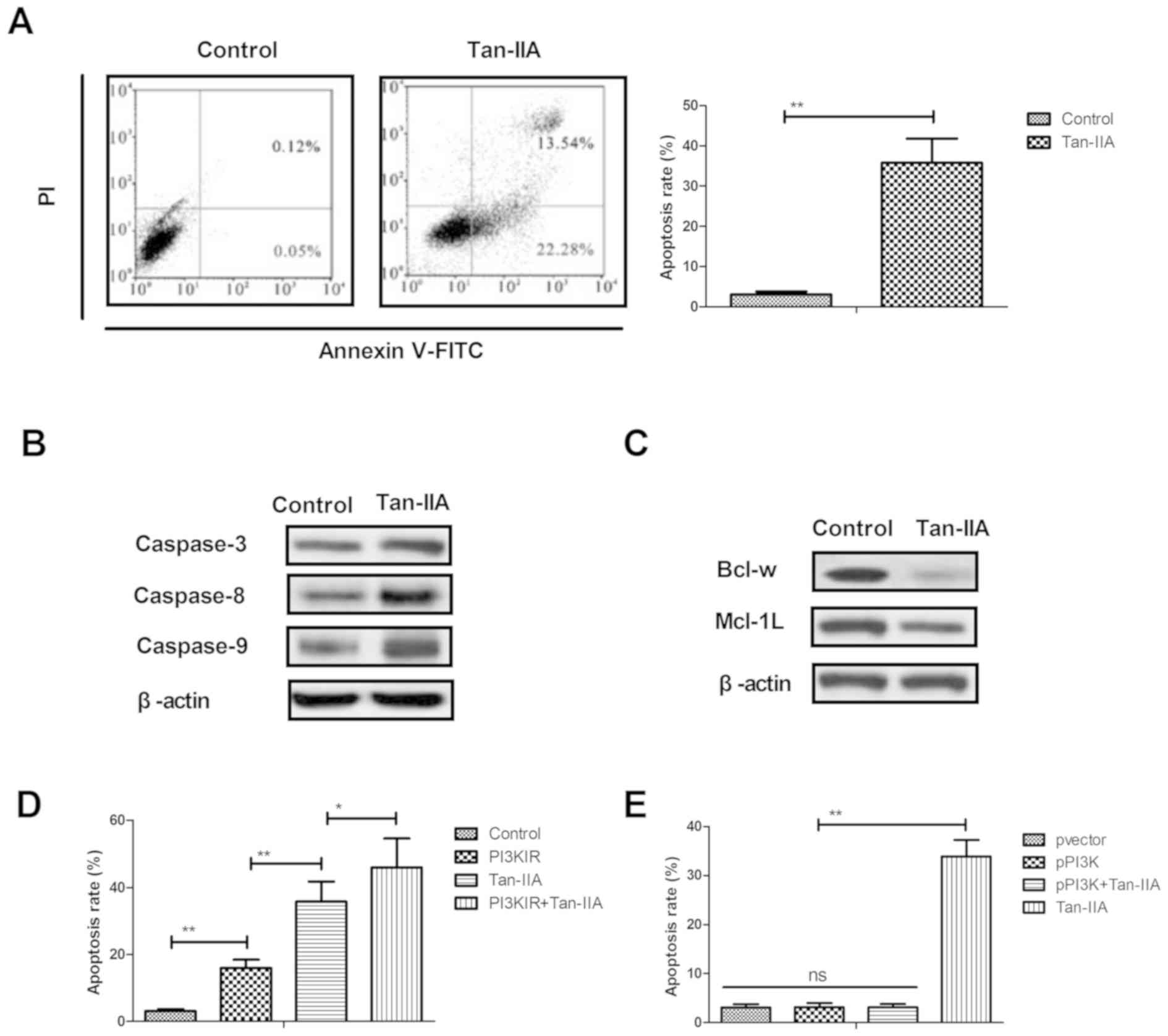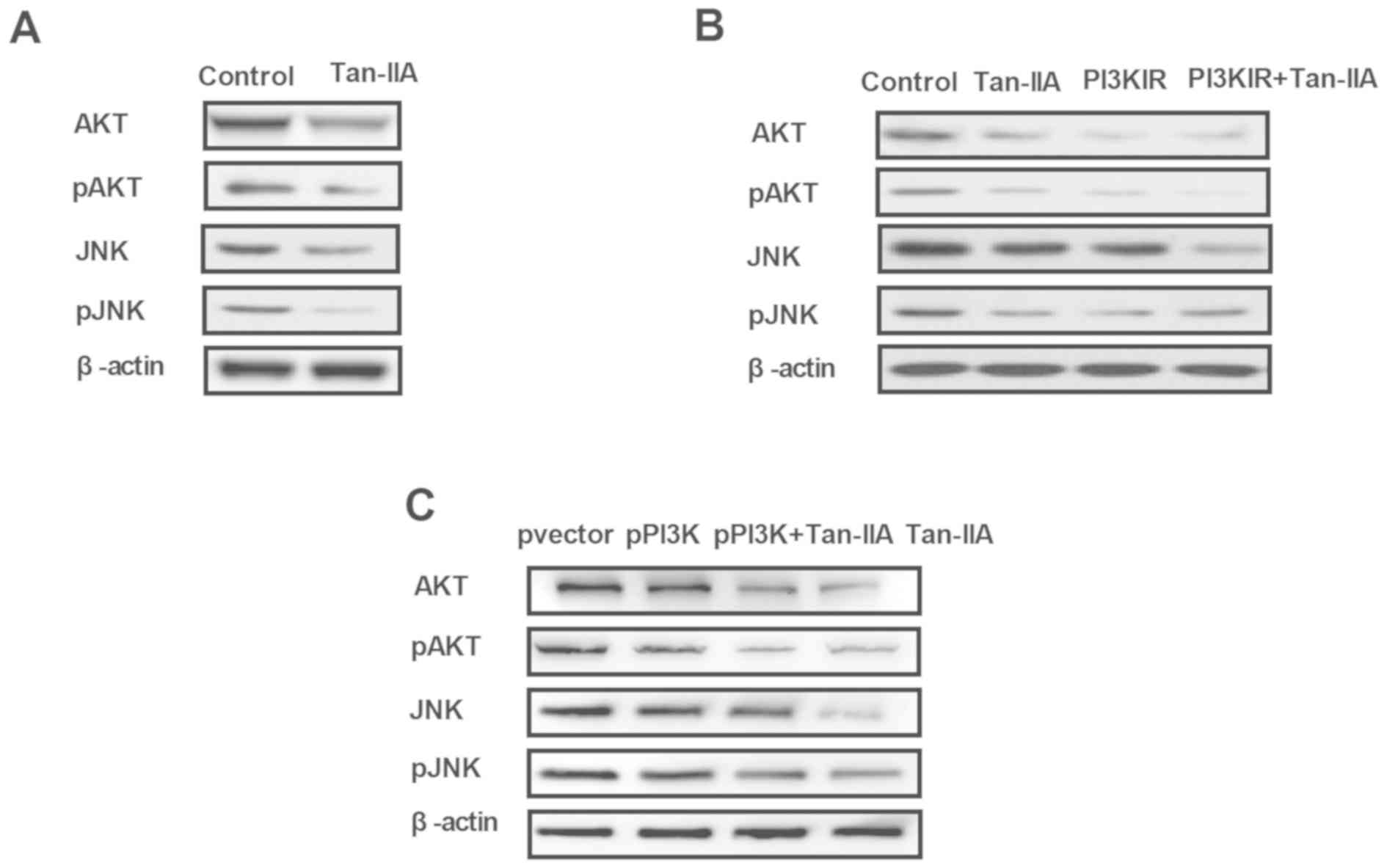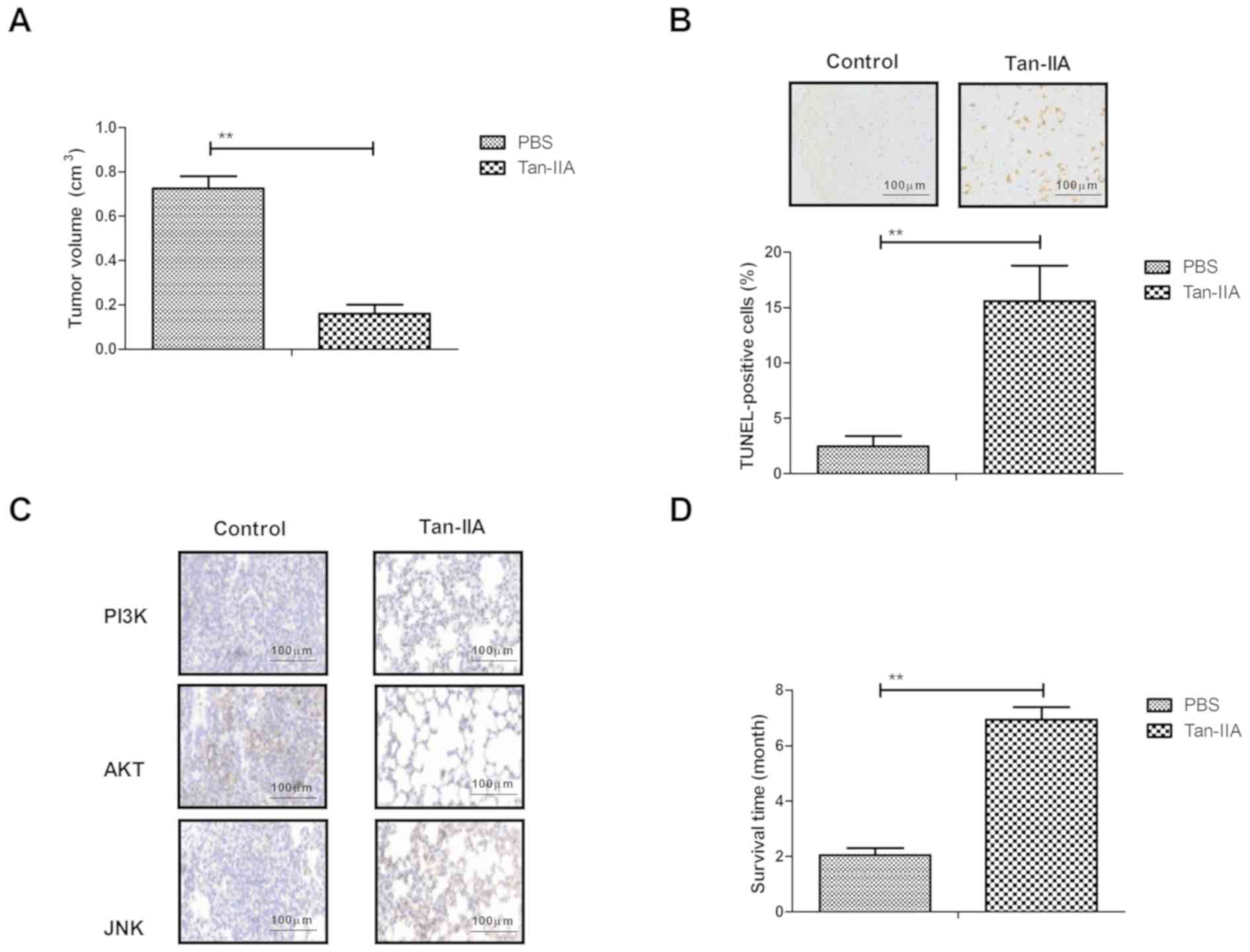|
1
|
Ahmed-Lecheheb D and Joly F: Ovarian
cancer survivors' quality of life: A systematic review. J Cancer
Surviv. 10:789–801. 2016. View Article : Google Scholar : PubMed/NCBI
|
|
2
|
Mohammadi V, Dehghani S, Larijani B and
Azadbakht L: Ovarian cancer risk and nonisoflavone flavonoids
intake: A systematic review of epidemiological studies. J Res Med
Sci. 21:1232016. View Article : Google Scholar : PubMed/NCBI
|
|
3
|
Khoja L, Nolan K, Mekki R, Milani A,
Mescallado N, Ashcroft L, Hasan J, Edmondson R, Winter-Roach B,
Kitchener HC, et al: Improved survival from ovarian cancer in
patients treated in phase III trial active cancer centres in the
UK. Clin Oncol (R Coll Radiol). 28:760–765. 2016. View Article : Google Scholar : PubMed/NCBI
|
|
4
|
Edwards HM, Noer MC, Sperling CD,
Nguyen-Nielsen M, Lundvall L, Christensen IJ and Høgdall C:
Survival of ovarian cancer patients in Denmark: Results from the
Danish gynaecological cancer group (DGCG) database, 1995–2012. Acta
Oncol. 55 Suppl 2:S36–S43. 2016. View Article : Google Scholar
|
|
5
|
Tomek S, Horak P, Pribill I, Haller G,
Rössler M, Zielinski CC, Pils D and Krainer M: Resistance to
TRAIL-induced apoptosis in ovarian cancer cell lines is overcome by
co-treatment with cytotoxic drugs. Gynecol Oncol. 94:107–114. 2004.
View Article : Google Scholar : PubMed/NCBI
|
|
6
|
Yang X, Zheng F, Xing H, Gao Q, Wei W, Lu
Y, Wang S, Zhou J, Hu W and Ma D: Resistance to
chemotherapy-induced apoptosis via decreased caspase-3 activity and
overexpression of antiapoptotic proteins in ovarian cancer. J
Cancer Res Clin Oncol. 130:423–428. 2004. View Article : Google Scholar : PubMed/NCBI
|
|
7
|
Zhong YY, Chen HP, Tan BZ, Yu HH and Huang
XS: Triptolide avoids cisplatin resistance and induces apoptosis
via the reactive oxygen species/nuclear factor-κB pathway in
SKOV3PT platinum-resistant human ovarian cancer cells.
Oncol Lett. 6:1084–1092. 2013. View Article : Google Scholar : PubMed/NCBI
|
|
8
|
Lum E, Vigliotti M, Banerjee N, Cutter N,
Wrzeszczynski KO, Khan S, Kamalakaran S, Levine DA, Dimitrova N and
Lucito R: Loss of DOK2 induces carboplatin resistance in ovarian
cancer via suppression of apoptosis. Gynecol Oncol. 130:369–376.
2013. View Article : Google Scholar : PubMed/NCBI
|
|
9
|
Liang AL, Zhang TT, Zhou N, Wu CY, Lin MH
and Liu YJ: MiRNA-10b sponge: An anti-breast cancer study in vitro.
Oncol Rep. 35:1950–1958. 2016. View Article : Google Scholar : PubMed/NCBI
|
|
10
|
Bhargava-Shah A, Foygel K, Devulapally R
and Paulmurugan R: Orlistat and antisense-miRNA-loaded PLGA-PEG
nanoparticles for enhanced triple negative breast cancer therapy.
Nanomedicine (Lond). 11:235–247. 2016. View Article : Google Scholar : PubMed/NCBI
|
|
11
|
Su CC and Lin YH: Tanshinone IIA
down-regulates the protein expression of ErbB-2 and up-regulates
TNF-alpha in colon cancer cells in vitro and in vivo. Int J Mol
Med. 22:847–851. 2008.PubMed/NCBI
|
|
12
|
Su CC and Lin YH: Tanshinone IIA inhibits
human breast cancer cells through increased Bax to Bcl-xL ratios.
Int J Mol Med. 22:357–361. 2008.PubMed/NCBI
|
|
13
|
Wang X, Wei Y, Yuan S, Liu G, Lu Y, Zhang
J and Wang W: Potential anticancer activity of tanshinone IIA
against human breast cancer. Int J Cancer. 116:799–807. 2005.
View Article : Google Scholar : PubMed/NCBI
|
|
14
|
Lu Q, Zhang P, Zhang X and Chen J:
Experimental study of the anti-cancer mechanism of tanshinone IIA
against human breast cancer. Int J Mol Med. 24:773–780. 2009.
View Article : Google Scholar : PubMed/NCBI
|
|
15
|
Cheng CY and Su CC: Tanshinone IIA may
inhibit the growth of small cell lung cancer H146 cells by
up-regulating the Bax/Bcl-2 ratio and decreasing mitochondrial
membrane potential. Mol Med Rep. 3:645–650. 2010.PubMed/NCBI
|
|
16
|
Won SH, Lee HJ, Jeong SJ, Lee HJ, Lee EO,
Jung DB, Shin JM, Kwon TR, Yun SM, Lee MH, et al: Tanshinone IIA
induces mitochondria dependent apoptosis in prostate cancer cells
in association with an inhibition of phosphoinositide 3-kinase/AKT
pathway. Biol Pharm Bull. 33:1828–1834. 2010. View Article : Google Scholar : PubMed/NCBI
|
|
17
|
Jiao JW and Wen F: Tanshinone IIA acts via
p38 MAPK to induce apoptosis and the down-regulation of ERCC1 and
lung-resistance protein in cisplatin-resistant ovarian cancer
cells. Oncol Rep. 25:781–788. 2011.PubMed/NCBI
|
|
18
|
Wai-Hoe L, Wing-Seng L, Ismail Z and
Lay-Harn G: SDS-PAGE-Based quantitative assay for screening of
kidney stone disease. Biol Proced Online. 11:145–160. 2009.
View Article : Google Scholar : PubMed/NCBI
|
|
19
|
Zaffaroni N, Pennati M, Colella G, Perego
P, Supino R, Gatti L, Pilotti S, Zunino F and Daidone MG:
Expression of the anti-apoptotic gene survivin correlates with
taxol resistance in human ovarian cancer. Cell Mol Life Sci.
59:1406–1412. 2002. View Article : Google Scholar : PubMed/NCBI
|
|
20
|
Tang MK, Zhou HY, Yam JW and Wong AS:
c-Met overexpression contributes to the acquired apoptotic
resistance of nonadherent ovarian cancer cells through a cross talk
mediated by phosphatidylinositol 3-kinase and extracellular
signal-regulated kinase 1/2. Neoplasia. 12:128–138. 2010.
View Article : Google Scholar : PubMed/NCBI
|
|
21
|
Chiu TL and Su CC: Tanshinone IIA
increases protein expression levels of PERK, ATF6, IRE1α, CHOP,
caspase3 and caspase12 in pancreatic cancer BxPC3 cell-derived
xenograft tumors. Mol Med Rep. 15:3259–3263. 2017. View Article : Google Scholar : PubMed/NCBI
|
|
22
|
Yu J, Wang X, Li Y and Tang B: Tanshinone
IIA suppresses gastric cancer cell proliferation and migration by
downregulation of FOXM1. Oncol Rep. 37:1394–1400. 2017. View Article : Google Scholar : PubMed/NCBI
|
|
23
|
Li Q, Hu K, Tang S, Xu LF and Luo YC:
Anti-tumor activity of tanshinone IIA in combined with
cyclophosphamide against Lewis mice with lung cancer. Asian Pac J
Trop Med. 9:1084–1088. 2016. View Article : Google Scholar : PubMed/NCBI
|
|
24
|
Mazzoletti M and Broggini M: PI3K/AKT/mTOR
inhibitors in ovarian cancer. Curr Med Chem. 17:4433–4447. 2010.
View Article : Google Scholar : PubMed/NCBI
|


















